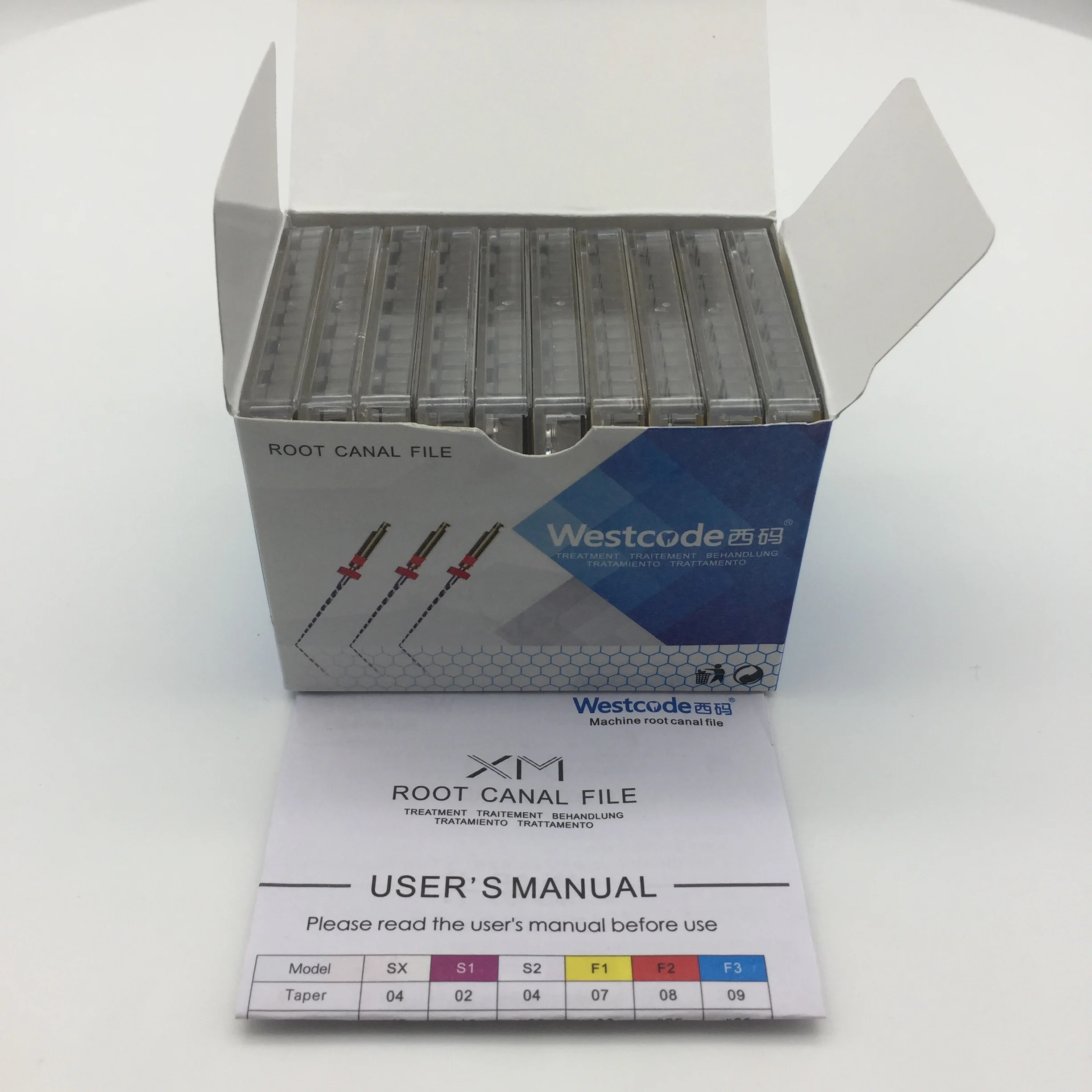

A fine powder, possibly C8, dusted the laboratory drawers and floated in the hazy lab air.Īt the time, Wamsley and his coworkers weren’t particularly concerned about the strange stuff. The chemical “was everywhere,” as Wamsley remembers it, bubbling out of the glass flasks he used to transport it, wafting into a smelly vapor that formed when he heated it. For years, he measured levels of a chemical called C8 in various products. He enjoyed the work, particularly the precision and care it required. The company was generous, helping him pay for college courses and training him to become a lab analyst in the Teflon division. While Wamsley knew plenty of people in Parkersburg, West Virginia, who struggled to stay employed, he made an enviable wage for almost four decades at the DuPont plant here. His voice, which has a gentle Appalachian lilt, is still animated, though, especially when he talks about his happier days. After developing rectal cancer and having surgery to treat it in 2002, he walks slowly and gets up gingerly from the bench in his small backyard. Wamsley calls them nightmares, these stories that play out in his sleep, but really the only scary part is the end, when “I wake up and I have no rectum anymore.” Other times, he’s somehow inexplicably back at work in the lab.

He’ll be at center field, just like when he played slow pitch back in his teens, or pounding the ball over the fence as the crowd goes wild. K EN WAMSLEY SOMETIMES DREAMS that he’s playing softball again.


 0 kommentar(er)
0 kommentar(er)
